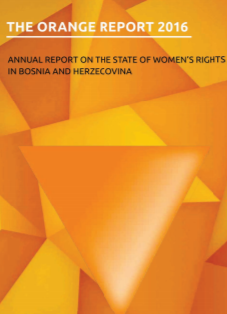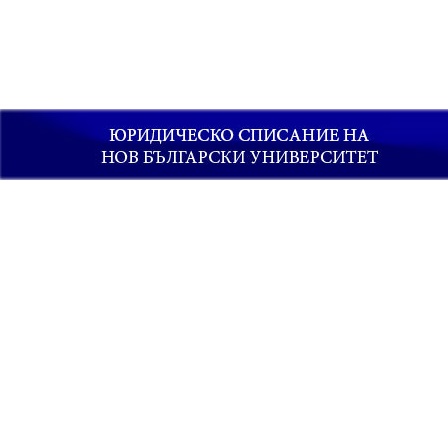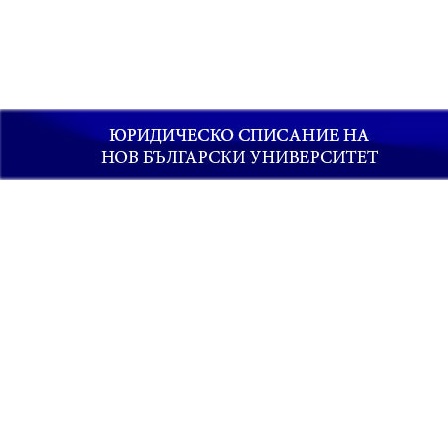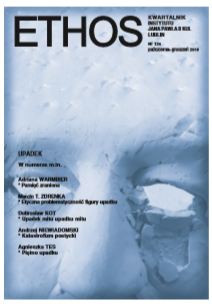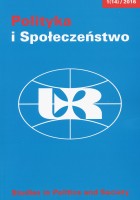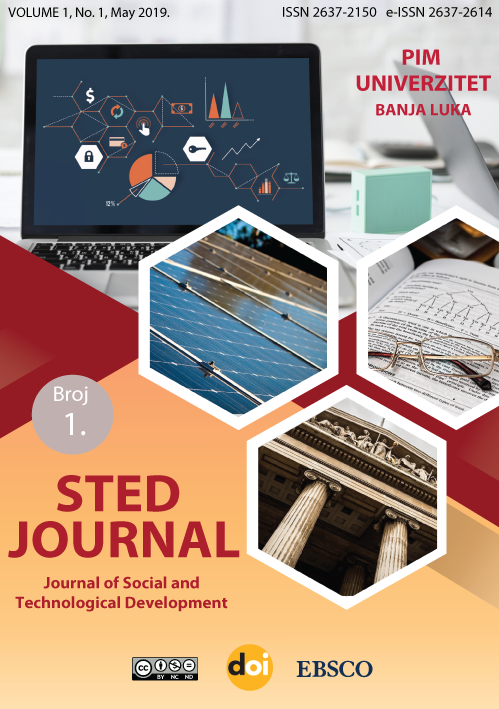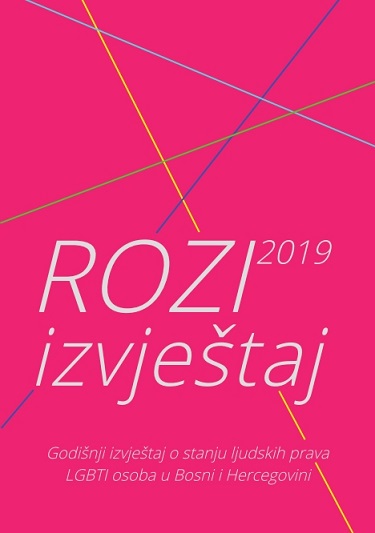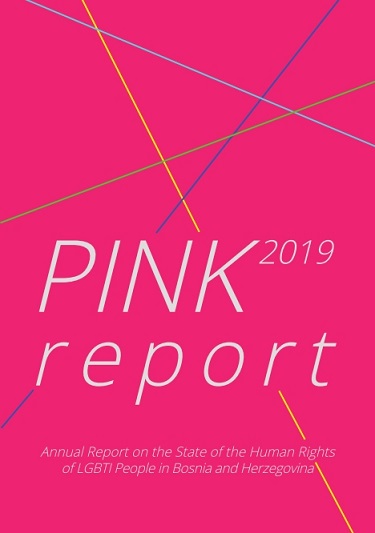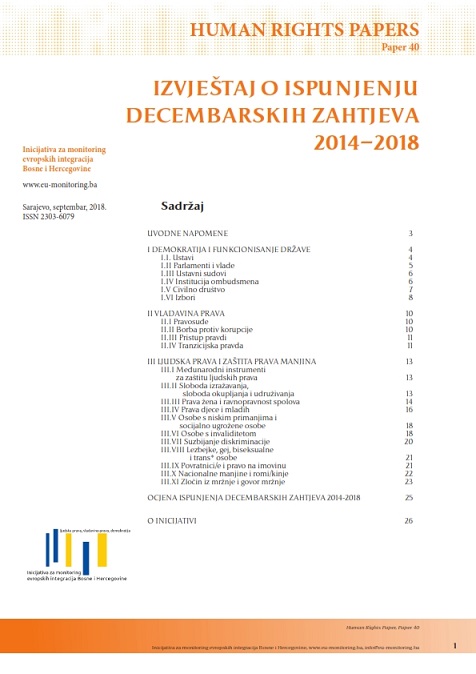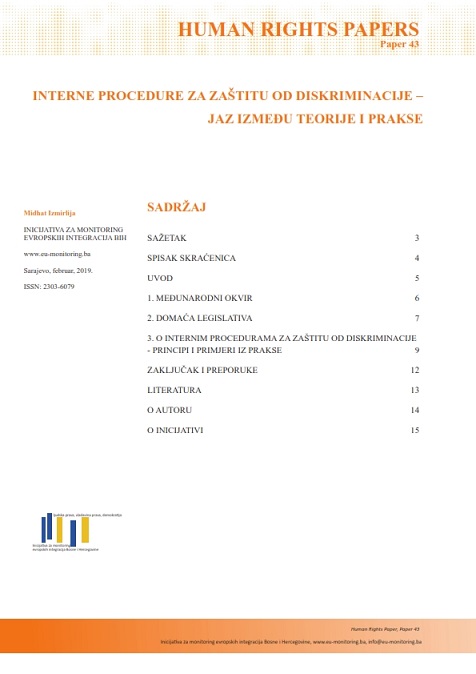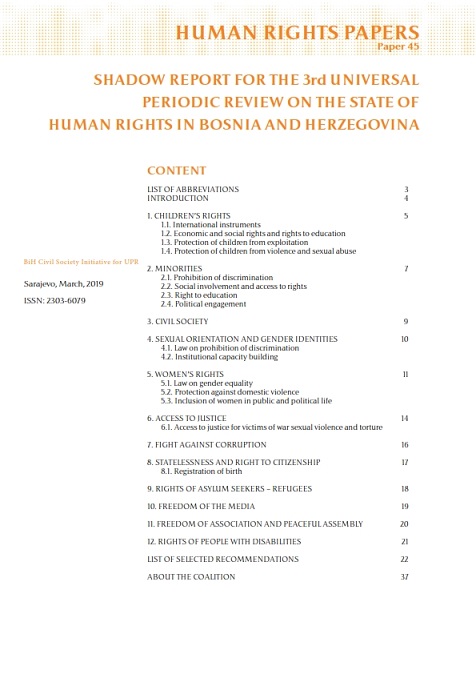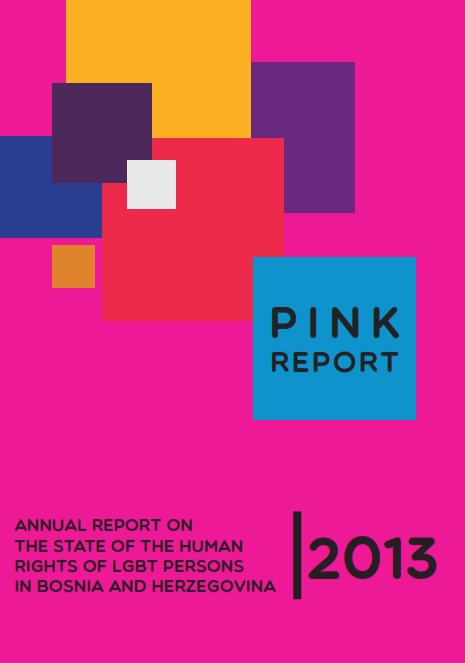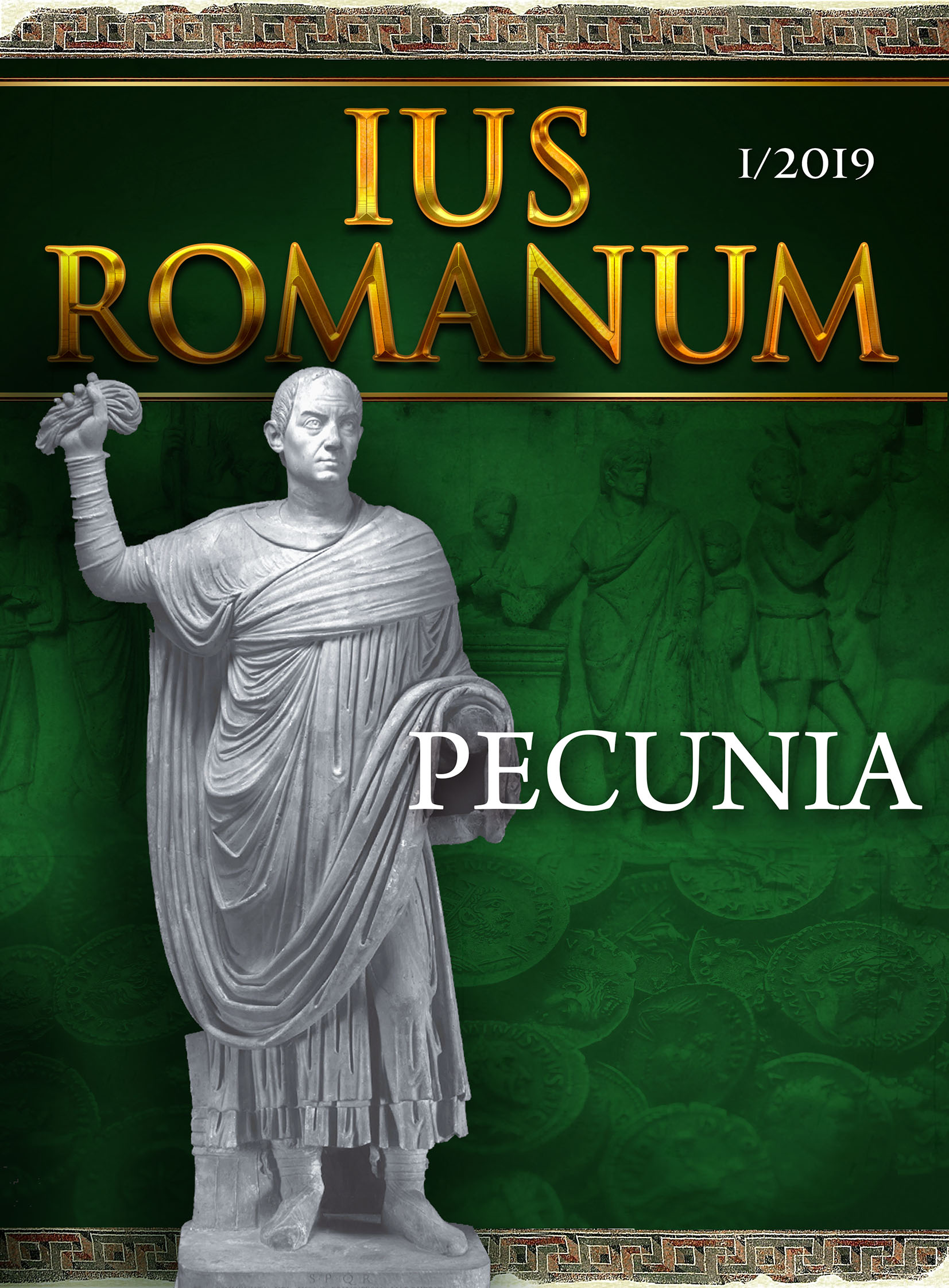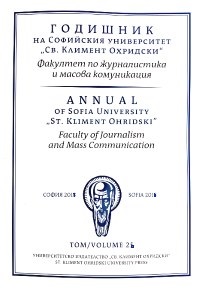Author(s): Karol Józef (Pope John Paul II) Wojtyła / Language(s): Polish
Issue: 4/2018
It is on the basis of the world situation ... already elaborated in the Encyclical Sollicitudo rei socialis, that the unexpected and promising significance of the events of recent years can be understood. Although they certainly reached their climax in 1989 in the countries of Central and Eastern Europe, they embrace a longer period of time and a wider geographical area. In the course of the 80s, certain dictatorial and oppressive regimes fell one by one in some countries of Latin America and also of Africa and Asia. In other cases there began a difficult but productive transition towards more participatory and more just political structures. An important, even decisive, contribution was made by the Church’s commitment to defend and promote human rights. In situations strongly influenced by ideology, in which polarization obscured the awareness of a human dignity common to all, the Church affirmed clearly and forcefully that every individual—whatever his or her personal convictions—bears the image of God and therefore deserves respect. Often, the vast majority of people identified themselves with this kind of affirmation, and this led to a search for forms of protest and for political solutions more respectful of the dignity of the person. From this historical process new forms of democracy have emerged which offer a hope for change in fragile political and social structures weighed down by a painful series of injustices and resentments, as well as by a heavily damaged economy and serious social conflicts. Together with the whole Church, I thank God for the often heroic witness borne in such difficult circumstances by many Pastors, entire Christian communities, individual members of the faithful, and other people of good will; at the same time I pray that he will sustain the efforts being made by everyone to build a better future. This is, in fact, a responsibility which falls not only to the citizens of the countries in question, but to all Christians and people of good will. It is a question of showing that the complex problems faced by those peoples can be resolved through dialogue and solidarity, rather than by a struggle to destroy the enemy through war. Among the many factors involved in the fall of oppressive regimes, some deserve special mention. Certainly, the decisive factor which gave rise to the changes was the violation of the rights of workers. It cannot be forgotten that the fundamental crisis of systems claiming to express the rule and indeed the dictatorship of the working class began with the great upheavals which took place in Poland in the name of solidarity. It was the throngs of working people which foreswore the ideology which presumed to speak in their name. On the basis of a hard, lived experience of work and of oppression, it was they who recovered and, in a sense, rediscovered the content and principles of the Church’s social doctrine. Also worthy of emphasis is the fact that the fall of this kind of ‘bloc’ or empire was accomplished almost everywhere by means of peaceful protest, using only the weapons of truth and justice. While Marxism held that only by exacerbating social conflicts was it possible to resolve them through violent confrontation, the protests which led to the collapse of Marxism tenaciously insisted on trying every avenue of negotiation, dialogue, and witness to the truth, appealing to the conscience of the adversary and seeking to reawaken in him a sense of shared human dignity. It seemed that the European order resulting from the Second World War and sanctioned by the Yalta agreements could only be overturned by another war. Instead, it has been overcome by the non-violent commitment of people who, while always refusing to yield to the force of power, succeeded time after time in finding effective ways of bearing witness to the truth. This disarmed the adversary, since violence always needs to justify itself through deceit, and to appear, however falsely, to be defending a right or responding to a threat posed by others. Once again I thank God for having sustained people’s hearts amid difficult trials, and I pray that this example will prevail in other places and other circumstances. May people learn to fight for justice without violence, renouncing class struggle in their internal disputes, and war in international ones. The second factor in the crisis was certainly the inefficiency of the economic system, which is not to be considered simply as a technical problem, but rather a consequence of the violation of the human rights to private initiative, to ownership of property and to freedom in the economic sector. To this must be added the cultural and national dimension: it is not possible to understand man on the basis of economics alone, nor to define him simply on the basis of class membership. Man is understood in a more complete way when he is situated within the sphere of culture through his language, history, and the position he takes towards the fundamental events of life, such as birth, love, work and death. At the heart of every culture lies the attitude man takes to the greatest mystery: the mystery of God. Different cultures are basically different ways of facing the question of the meaning of personal existence. When this question is eliminated, the culture and moral life of nations are corrupted. For this reason the struggle to defend work was spontaneously linked to the struggle for culture and for national rights. But the true cause of the new developments was the spiritual void brought about by atheism, which deprived the younger generations of a sense of direction and in many cases led them, in the irrepressible search for personal identity and for the meaning of life, to rediscover the religious roots of their national cultures, and to rediscover the person of Christ himself as the existentially adequate response to the desire in every human heart for goodness, truth and life. This search was supported by the witness of those who, in difficult circumstances and under persecution, remained faithful to God. Marxism had promised to uproot the need for God from the human heart, but the results have shown that it is not possible to succeed in this without throwing the heart into turmoil. The events of 1989 are an example of the success of willingness to negotiate and of the Gospel spirit in the face of an adversary determined not to be bound by moral principles. These events are a warning to those who, in the name of political realism, wish to banish law and morality from the political arena. Undoubtedly, the struggle which led to the changes of 1989 called for clarity, moderation, suffering and sacrifice. In a certain sense, it was a struggle born of prayer, and it would have been unthinkable without immense trust in God, the Lord of history, who carries the human heart in his hands. It is by uniting his own sufferings for the sake of truth and freedom to the sufferings of Christ on the Cross that man is able to accomplish the miracle of peace and is in a position to discern the often narrow path between the cowardice which gives in to evil and the violence which, under the illusion of fighting evil, only makes it worse. Nevertheless, it cannot be forgotten that the manner in which the individual exercises his freedom is conditioned in innumerable ways. While these certainly have an influence on freedom, they do not determine it; they make the exercise of freedom more difficult or less difficult, but they cannot destroy it. Not only is it wrong from the ethical point of view to disregard human nature, which is made for freedom, but in practice it is impossible to do so. Where society is so organized as to reduce arbitrarily or even suppress the sphere in which freedom is legitimately exercised, the result is that the life of society becomes progressively disorganized and goes into decline. Moreover, man, who was created for freedom, bears within himself the wound of original sin, which constantly draws him towards evil and puts him in need of redemption. Not only is this doctrine an integral part of Christian revelation; it also has great hermeneutical value insofar as it helps one to understand human reality. Man tends towards good, but he is also capable of evil. He can transcend his immediate interest and still remain bound to it. The social order will be all the more stable, the more it takes this fact into account and does not place in opposition personal interest and the interests of society as a whole, but rather seeks ways to bring them into fruitful harmony. In fact, where self-interest is violently suppressed, it is replaced by a burdensome system of bureaucratic control which dries up the wellsprings of initiative and creativity. When people think they possess the secret of a perfect social organization which makes evil impossible, they also think that they can use any means, including violence and deceit, in order to bring that organization into being. Politics then becomes a ‘secular religion’ which operates under the illusion of creating paradise in this world. But no political society—which possesses its own autonomy and laws—can ever be confused with the Kingdom of God. The Gospel parable of the weeds among the wheat (cf. Mt 13:24-30; 36-43) teaches that it is for God alone to separate the subjects of the Kingdom from the subjects of the Evil One, and that this judgment will take place at the end of time. By presuming to anticipate judgment here and now, man puts himself in the place of God and sets himself against the patience of God. Through Christ’s sacrifice on the Cross, the victory of the Kingdom of God has been achieved once and for all. Nevertheless, the Christian life involves a struggle against temptation and the forces of evil. Only at the end of history will the Lord return in glory for the final judgment (cf. Mt 25:31) with the establishment of a new heaven and a new earth (cf. 2 Pt 3:13; Rev 21:1); but as long as time lasts the struggle between good and evil continues even in the human heart itself. What Sacred Scripture teaches us about the prospects of the Kingdom of God is not without consequences for the life of temporal societies, which, as the adjective indicates, belong to the realm of time, with all that this implies of imperfection and impermanence. The Kingdom of God, being in the world without being of the world, throws light on the order of human society, while the power of grace penetrates that order and gives it life. In this way the requirements of a society worthy of man are better perceived, deviations are corrected, the courage to work for what is good is reinforced. In union with all people of good will, Christians, especially the laity, are called to this task of imbuing human realities with the Gospel. The events of 1989 took place principally in the countries of Eastern and Central Europe. However, they have worldwide importance because they have positive and negative consequences which concern the whole human family. These consequences are not mechanistic or fatalistic in character, but rather are opportunities for human freedom to cooperate with the merciful plan of God who acts within history. The first consequence was an encounter in some countries between the Church and the workers’ movement, which came about as a result of an ethical and explicitly Christian reaction against a widespread situation of injustice. For about a century the workers’ movement had fallen in part under the dominance of Marxism, in the conviction that the working class, in order to struggle effectively against oppression, had to appropriate its economic and materialistic theories. In the crisis of Marxism, the natural dictates of the consciences of workers have re-emerged in a demand for justice and a recognition of the dignity of work, in conformity with the social doctrine of the Church. The worker movement is part of a more general movement among workers and other people of good will for the liberation of the human person and for the affirmation of human rights. It is a movement which today has spread to many countries, and which, far from opposing the Catholic Church, looks to her with interest. The crisis of Marxism does not rid the world of the situations of injustice and oppression which Marxism itself exploited and on which it fed. To those who are searching today for a new and authentic theory and praxis of liberation, the Church offers not only her social doctrine and, in general, her teaching about the human person redeemed in Christ, but also her concrete commitment and material assistance in the struggle against marginalization and suffering. In the recent past, the sincere desire to be on the side of the oppressed and not to be cut off from the course of history has led many believers to seek in various ways an impossible compromise between Marxism and Christianity. Moving beyond all that was short-lived in these attempts, present circumstances are leading to a reaffirmation of the positive value of an authentic theology of integral human liberation. Considered from this point of view, the events of 1989 are proving to be important also for the countries of the Third World, which are searching for their own path to development, just as they were important for the countries of Central and Eastern Europe. The second consequence concerns the peoples of Europe themselves. Many individual, social, regional and national injustices were committed during and prior to the years in which Communism dominated; much hatred and ill-will have accumulated. There is a real danger that these will re-explode after the collapse of dictatorship, provoking serious conflicts and casualties, should there be a lessening of the moral commitment and conscious striving to bear witness to the truth which were the inspiration for past efforts. It is to be hoped that hatred and violence will not triumph in people’s hearts, especially among those who are struggling for justice, and that all people will grow in the spirit of peace and forgiveness. What is needed are concrete steps to create or consolidate international structures capable of intervening through appropriate arbitration in the conflicts which arise between nations, so that each nation can uphold its own rights and reach a just agreement and peaceful settlement vis-a-vis the rights of others. This is especially needed for the nations of Europe, which are closely united in a bond of common culture and an age old history. A great effort is needed to rebuild morally and economically the countries which have abandoned Communism. For a long time the most elementary economic relationships were distorted, and basic virtues of economic life, such as truthfulness, trustworthiness and hard work were denigrated. A patient material and moral reconstruction is needed, even as people, exhausted by longstanding privation, are asking their governments for tangible and immediate results in the form of material benefits and an adequate fulfillment of their legitimate aspirations. The fall of Marxism has naturally had a great impact on the division of the planet into worlds which are closed to one another and in jealous competition. It has further highlighted the reality of interdependence among peoples, as well as the fact that human work, by its nature, is meant to unite peoples, not divide them. Peace and prosperity, in fact, are goods which belong to the whole human race: it is not possible to enjoy them in a proper and lasting way if they are achieved and maintained at the cost of other peoples and nations, by violating their rights or excluding them from the sources of well-being. In a sense, for some countries of Europe the real post-war period is just beginning. The radical reordering of economic systems, hitherto collectivized, entails problems and sacrifices comparable to those which the countries of Western Europe had to face in order to rebuild after the Second World War. It is right that in the present difficulties the formerly Communist countries should be aided by the united effort of other nations. Obviously they themselves must be the primary agents of their own development, but they must also be given a reasonable opportunity to accomplish this goal, something that cannot happen without the help of other countries. Moreover, their present condition, marked by difficulties and shortages, is the result of an historical process in which the formerly Communist countries were often objects and not subjects. Thus they find themselves in the present situation not as a result of free choice or mistakes which were made, but as a consequence of tragic historical events which were violently imposed on them, and which prevented them from following the path of economic and social development. Assistance from other countries, especially the countries of Europe which were part of that history and which bear responsibility for it, represents a debt in justice. But it also corresponds to the interest and welfare of Europe as a whole, since Europe cannot live in peace if the various conflicts which have arisen as a result of the past are to become more acute because of a situation of economic disorder, spiritual dissatisfaction and desperation. This need, however, must not lead to a slackening of efforts to sustain and assist the countries of the Third World, which often suffer even more serious conditions of poverty and want. What is called for is a special effort to mobilize resources, which are not lacking in the world as a whole, for the purpose of economic growth and common development, redefining the priorities and hierarchies of values on the basis of which economic and political choices are made. Enormous resources can be made available by disarming the huge military machines which were constructed for the conflict between East and West. These resources could become even more abundant if, in place of war, reliable procedures for the resolution of conflicts could be set up, with the resulting spread of the principle of arms control and arms reduction, also in the countries of the Third World, through the adoption of appropriate measures against the arms trade. But it will be necessary above all to abandon a mentality in which the poor—as individuals and as peoples—are considered a burden, as irksome intruders trying to consume what others have produced. The poor ask for the right to share in enjoying material goods and to make good use of their capacity for work, thus creating a world that is more just and prosperous for all. The advancement of the poor constitutes a great opportunity for the moral, cultural and even economic growth of all humanity. Finally, development must not be understood solely in economic terms, but in a way that is fully human. It is not only a question of raising all peoples to the level currently enjoyed by the richest countries, but rather of building up a more decent life through united labor, of concretely enhancing every individual’s dignity and creativity, as well as his capacity to respond to his personal vocation, and thus to God’s call. The apex of development is the exercise of the right and duty to seek God, to know him and to live in accordance with that knowledge. In the totalitarian and authoritarian regimes, the principle that force predominates over reason was carried to the extreme. Man was compelled to submit to a conception of reality imposed on him by coercion, and not reached by virtue of his own reason and the exercise of his own freedom. This principle must be overturned and total recognition must be given to the rights of the human conscience, which is bound only to the truth, both natural and revealed. The recognition of these rights represents the primary foundation of every authentically free political order. It is important to reaffirm this latter principle for several reasons: (a) because the old forms of totalitarianism and authoritarianism are not yet completely vanquished; indeed there is a risk that they will regain their strength. This demands renewed efforts of cooperation and solidarity between all countries; (b) because in the developed countries there is sometimes an excessive promotion of purely utilitarian values, with an appeal to the appetites and inclinations towards immediate gratification, making it difficult to recognize and respect the hierarchy of the true values of human existence; (c) because in some countries new forms of religious fundamentalism are emerging which covertly, or even openly, deny to citizens of faiths other than that of the majority the full exercise of their civil and religious rights, preventing them from taking part in the cultural process, and restricting both the Church’s right to preach the Gospel and the rights of those who hear this preaching to accept it and to be converted to Christ. No authentic progress is possible without respect for the natural and fundamental right to know the truth and live according to that truth. The exercise and development of this right includes the right to discover and freely to accept Jesus Christ, who is man’s true good.
More...
